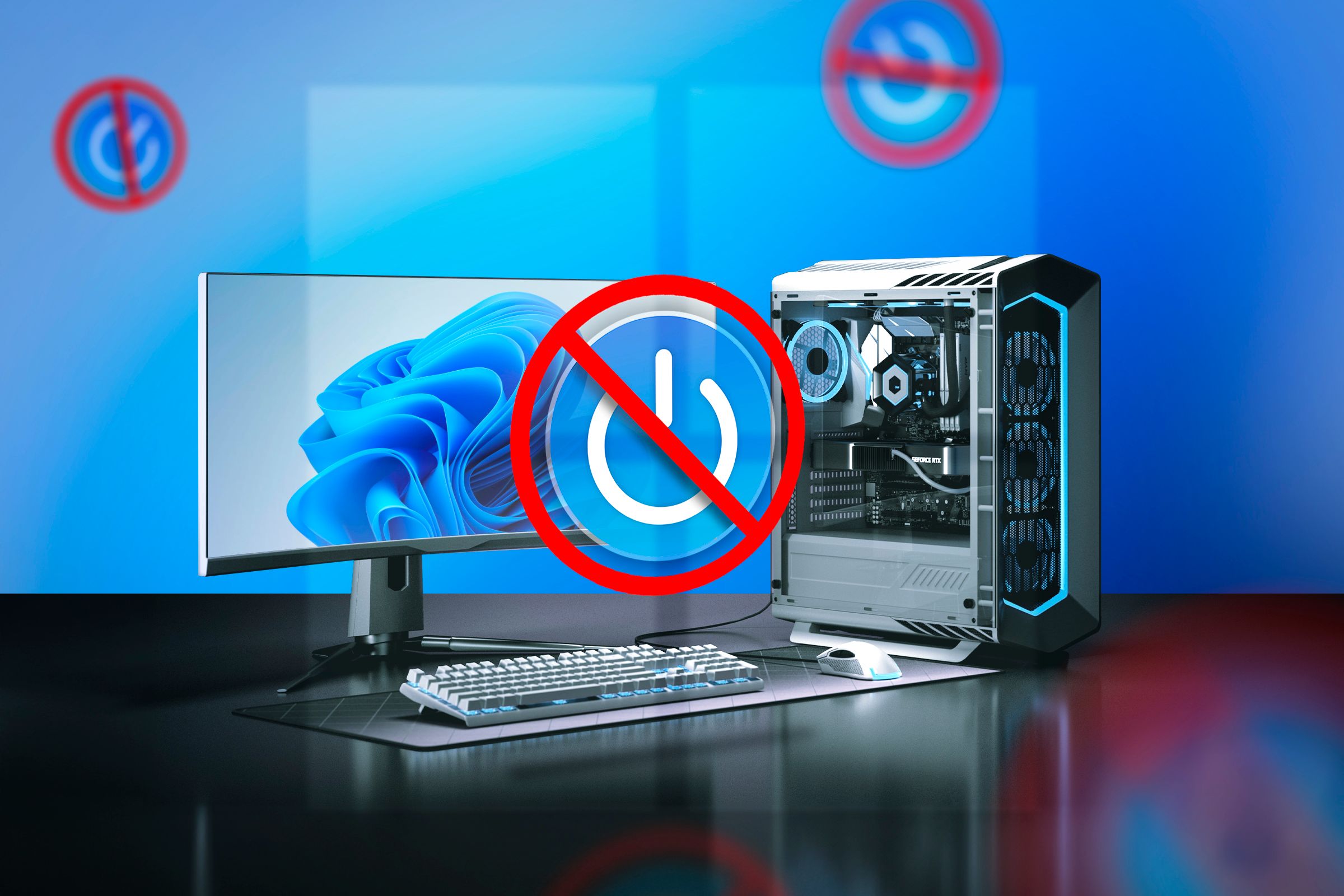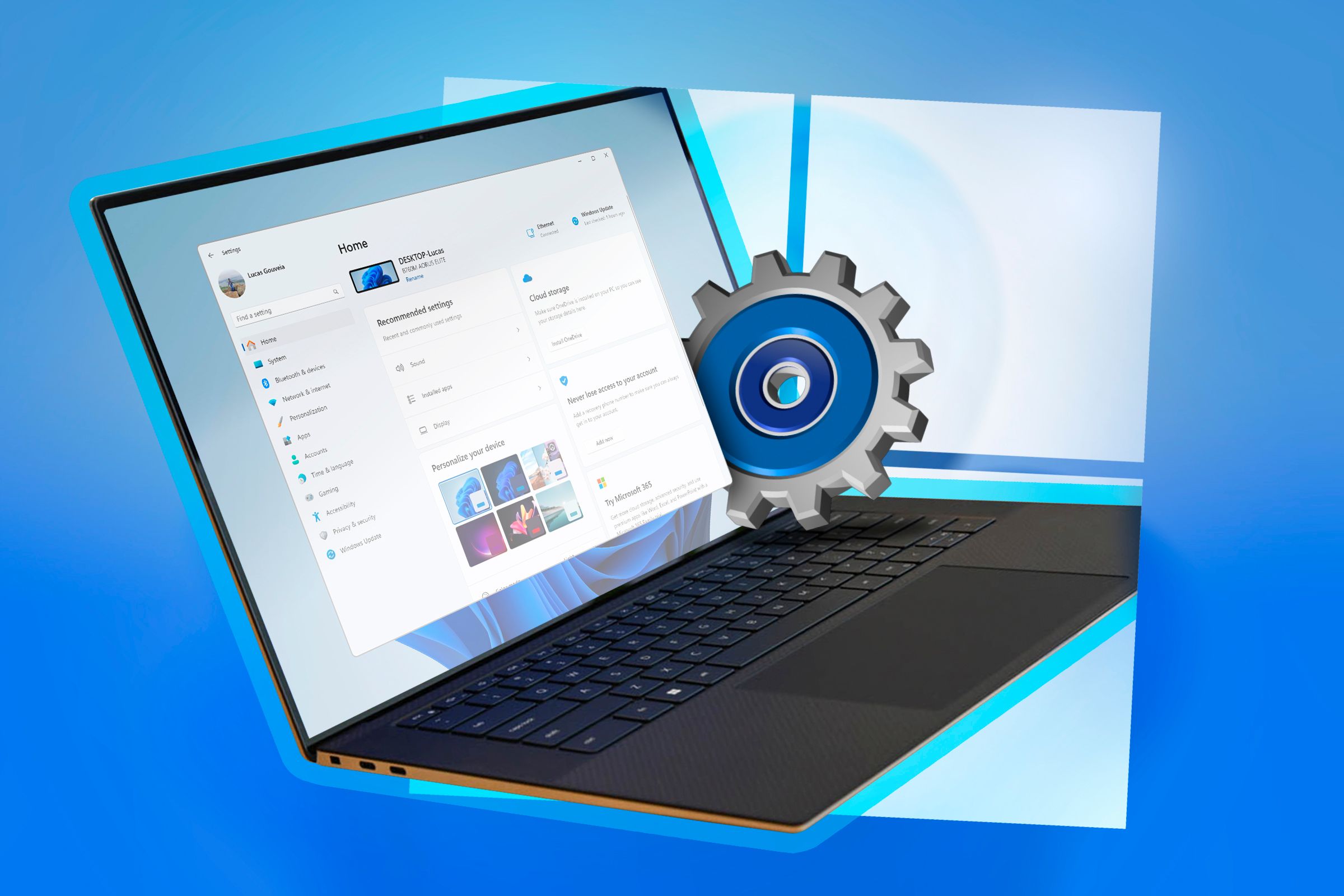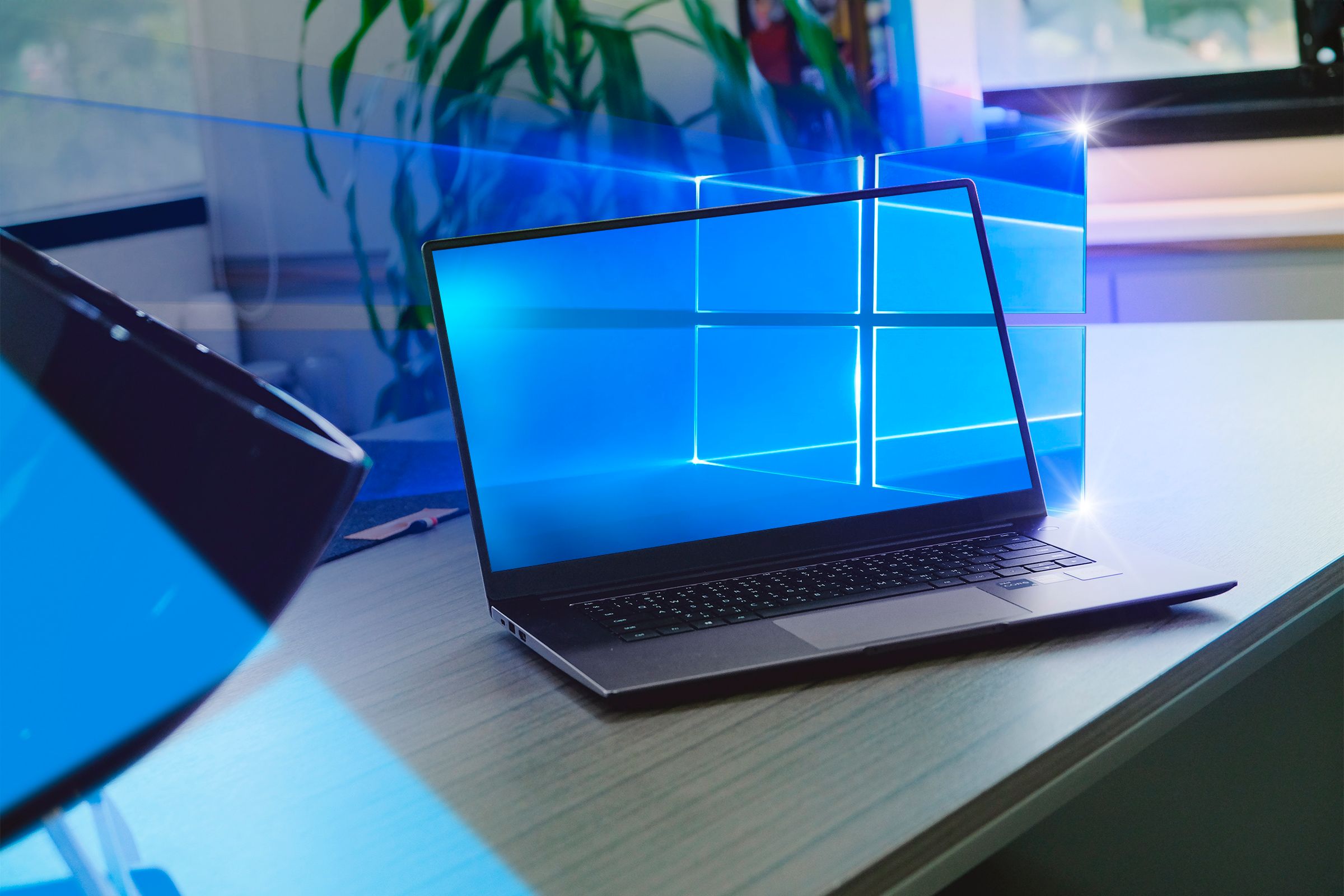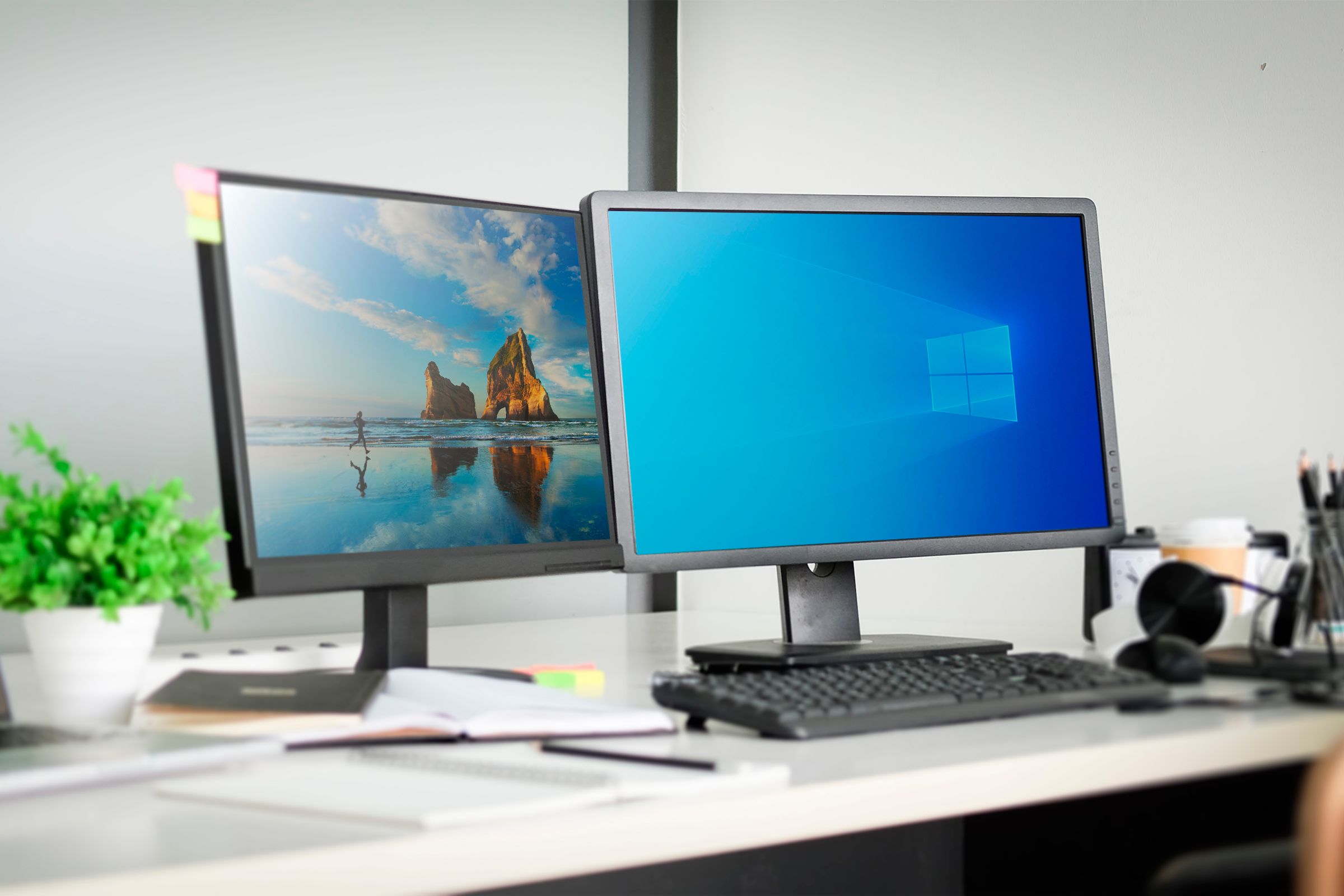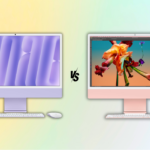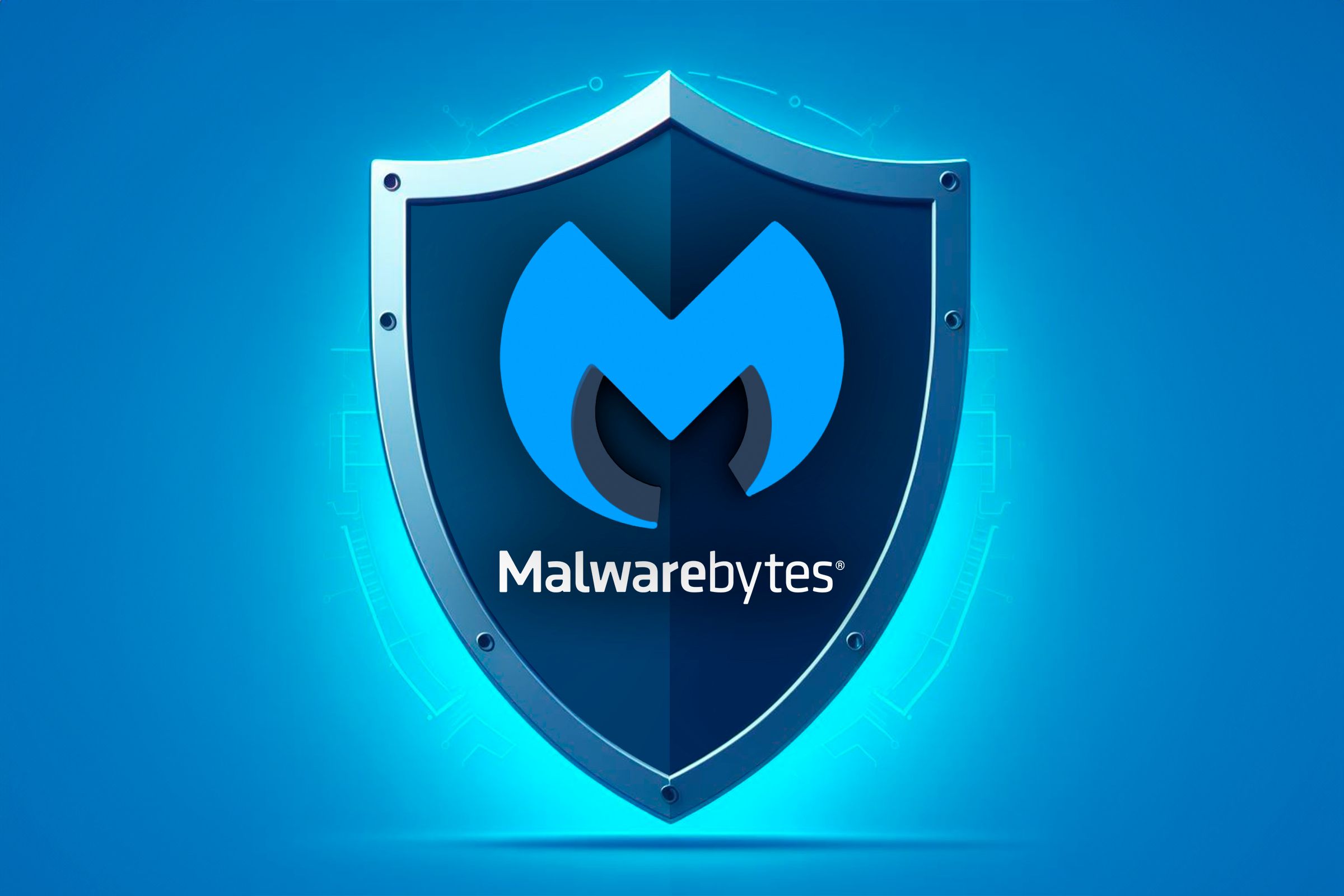Microsoft Will Charge You $30 To Stay on Windows 10
Windows 10
Windows 10 is nearing its end-of-life date, currently set for October 14th, 2025. Microsoft has now confirmed how much it will cost to keep Windows 10 PCs secure after that passes.
Back in December, Microsoft announced an Extended Security Update (ESU) program for Windows 10, ensuring continued monthly security updates for PCs beyond the October 2025 end-of-service date. Now, we know how much it will cost. For consumers, the extra ESU that will keep your PC updated all the way up to 2026 with security updates will cost $30. Actual enrollment into the program will be available as the final EOL date rolls around—at the moment, you can’t enroll in this. It’s not clear if subsequent years will also cost $30, or if Microsoft will raise the price.
While ESUs have historically been offered to businesses and organizations, this marks the first time individual consumers will have the option to subscribe. The program will provide critical and important security updates through an annual subscription service, preventing Windows 10 PCs from becoming completely vulnerable after support ends.
However, the updates will be limited to security patches only.
New features, non-security updates, design changes, and technical support will not be included in the ESU package. However, some Windows applications updated through the Microsoft Store might continue to get new functionality, until Microsoft fully cuts off Windows 10 development. We also don’t know yet what third-party support will look like after the cutoff date.
The availability of ESUs presents a crucial decision for users: pay for continued security or risk potential malware and security breaches. This would mostly be used by those who can’t upgrade to Windows 11 because of the more restrictive requirements, some of which can be bypassed unofficially. Following the ESUs’ expiration, you will still need to look for another operating system or risk malware and other security problems. At that point, you’ll likely need to get something like Linux or an operating system that’s supported and compatible with your PC, or just upgrade to a new PC.
Source: Microsoft









